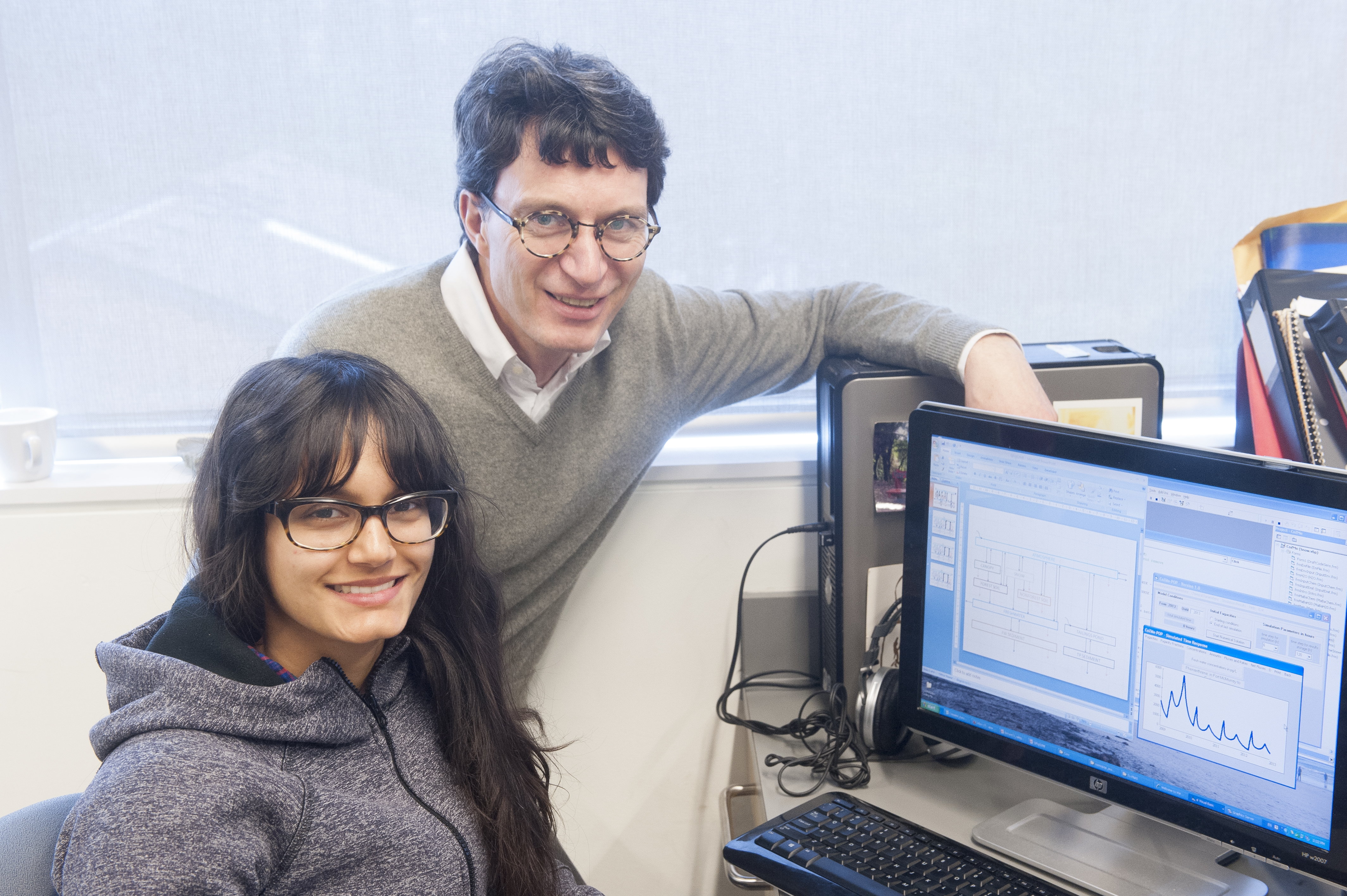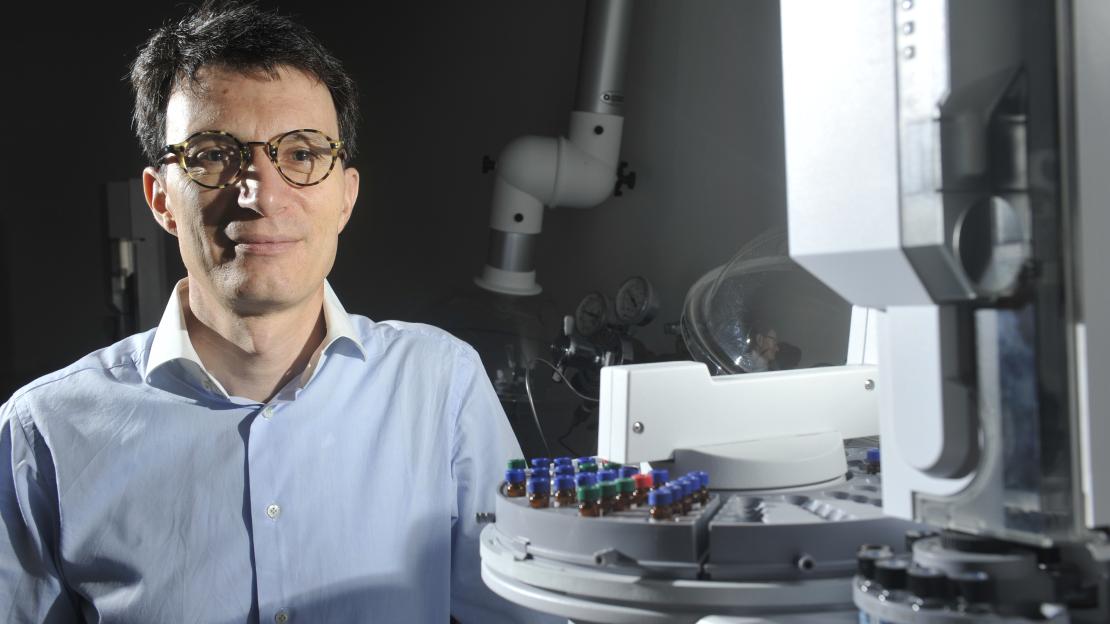Frank Wania has dedicated his scientific career to understanding how organic chemicals get into and work their way around the environment.
For his contributions, he now joins an elite company of researchers as a newly elected fellow of the Royal Society of Canada.
“It’s nice to see that people appreciate the contributions I’ve made, and to have recognition from my peers who took the effort to nominate me,” Professor Wania says.
The environmental organic chemist runs a busy slate of research projects. His group is currently developing a low-tech, reliable and inexpensive air sampler for gaseous mercury. The goal is to help resolve gaps in global mercury monitoring, especially in remote areas with unreliable or no electricity, particularly in areas of the developing world.
His group is also involved in developing models that help explain the role diet, age and body mass play in exposure to persistent organic pollutants (POPs). The goal of that research is to develop a better understanding of how contaminants enter and remain in our bodies through what we eat.
“If the models capture the mechanisms of contaminant uptake you can start making predictions, and for example advise people of dietary changes that can help lower their exposure,” he says.
Wania says the research is particularly relevant to women of child-bearing age or those, particularly from Inuit communities, that rely on a diet of marine mammals.
FISH ADVISORIES FAIL TO COVER ALL TYPES OF CONTAMINANTS.
Wania is also notably one of the first environmental scientists to propose the idea of global cold-trapping, which describes how semi-volatile chemicals in the atmosphere get deposited once they reach colder regions. He says it makes up most of his curiosity-driven research.
“Normally you expect chemical concentrations to be highest closer to the source and the farther away you go the levels will go down. But every so often the opposite happens,” he says.
“With cold-trapping, some chemicals have properties that can achieve higher concentrations in remote areas far away from the source.”
This helps explain why insecticides like DDT are found in surprisingly high levels in the Arctic, or why pesticides used on banana plantations in Costa Rica are found in higher concentrations at the top of mountains.
His past research has also looked at emissions of hazardous atmospheric pollutants in the Athabasca Oil Sands Region of Alberta, finding that levels of certain emissions were greatly underestimated.

“We are proud and delighted to see Professor Wania receive this much-deserved recognition,” says Professor George Arhonditsis, Chair of the Department of Physical and Environmental Science at U of T Scarborough.
Arhonditsis says in addition to an impressive record of research, Wania is also an excellent educator and mentor having trained many highly qualified researchers over the years.
“He’s been a big advocate for U of T Scarborough, our department, and was instrumental in establishing the environmental chemistry program here,” he adds.
As for what motivates Wania most about his research, he says it’s driven by curiosity in an applied context. He wants to better understand and help develop innovative ways to solve real-world environmental problems.
“I’m an environmentalist at heart; I grew up being aware and concerned about environmental issues,” he says. “It’s very motivating and gratifying to know that some of the research we do makes a difference.”
